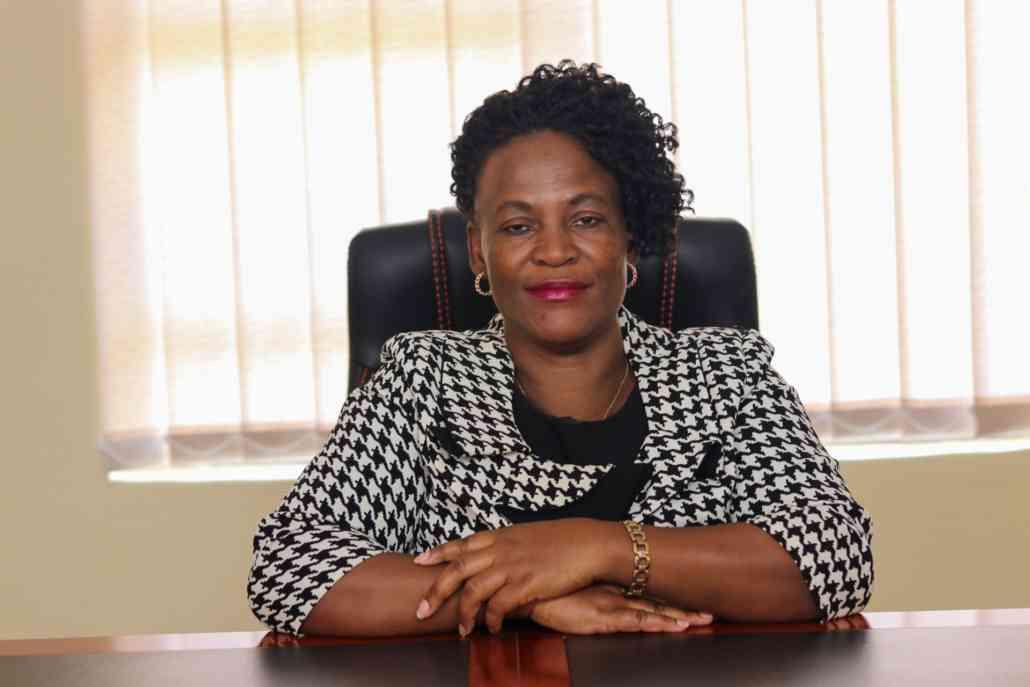Africa-Press – Zimbabwe. ASSOCIATION of Healthcare Funders of Zimbabwe (AHFoZ) chief executive officer Shylet Sanyanga has said United States policy changes have triggered some radical changes in many sectors of the economy, not sparing the health sector as evidenced by the withdrawal of aid.
She was speaking during the just-ended AHFoZ annual stakeholders meeting in Victoria Falls.
Commenting on technological advancements being witnessed worldwide, she said players in the health sector should continue learning so as to understand the role of AI in their business operations.
“Closer home, medical aid penetration levels have remained low due to various reasons including the shrinking formal sector,” Sanyanga said.
“While medical aid societies have tried to introduce products tailored for the informal sector, these have failed to gain traction.
“This is mainly due to the difficulties in collecting from the informal sector. The informal sector is famous for high default rates.
“However, it was noted that while some people genuinely cannot afford medical aid, there are people who can afford, but choose not to take on medical aid.”
She said this could be due to competing priorities in some cases and that this is compounded by the fact that people generally expect immediate benefit after paying out money.
“As a result, for those in good health, investing in medical aid appears like an unnecessary waste of money,” Sanyanga said.
“Regrettably, some leave it until health is failing or until they are over 65. Trying to join medical aid after 65 is difficult and is expensive. This is because usually health starts to fail as people age.
“Trying to join late in life becomes unfair to those who would have been contributing for a long time only to have others conveniently join late in life without having contributed into the pool.”
She said the payments required to catch up with contributions late in life are usually unaffordable.
“It is, therefore, advised that people join medical aid early in life, ideally before the age of 60,” Sanyanga said.
“Regrettably, it has been observed that people prefer to invest in their funerals.
“Many people would rather have funeral cover than health cover.
“This culture needs to change. People should value the importance of enjoying good health before their funeral.”
Sanyanga said despite the challenges affecting the health sector, Zimbabwe still boasts top-notch healthcare personnel qualified enough to work anywhere in the world.
“As AHFoZ, we salute the government and the trainers in the various training institutions around the country,” Sanyanga said.
“These institutions are doing an amazing job. We also appreciate those healthcare personnel who went overseas to specialise and chose to come back home.
“These patriotic healthcare practitioners are never celebrated, instead the focus tends to be on those leaving the country.”
Despite having dedicated healthcare practitioners, it appears there are some “bad apples” who cross the line, she said.
“For example; according to reports made to AHFoZ, it is alleged that some laboratories submit claims for tests not conducted and in some instances, some issue results without running the laboratory tests, while some claim for having conducted some laboratory tests without possessing the requisite equipment for running those tests,” the AHFoZ chief executive officer said.
“For radiology services, complaints of poor-quality scans have been made mostly by foreign specialists in instances where patients are referred outside the country.
“It is alleged that these patients have to undergo the same tests again because of the poor quality of the pictures from our local facilities.”
She added: “Furthermore, it is alleged that some providers are claiming prescriptions which include medicines that were long taken off the shelf and prescriptions bearing what looks like a shopping list with medicines lists covering the whole prescription page.
“AHFoZ is concerned by these reports and has since raised some of the issues with the respective disciplines for investigation.
She said they were also concerned about media reports of bogus doctors who are arrested at some public institutions as well as reports of the selling of healthcare diplomas and degrees.
She added that as AHFoZ, they have an accreditation process to weed out bogus providers, “which is why providers are required to renew their AHFoZ numbers annually”.
“We need to work together on this challenge which threatens our healthcare sector. During the previous period, medical aid societies collectively paid over US$200 million towards healthcare claims, the top three being hospitalisation, medication and pathology services,” Sanyanga said.
“To be sustainable, medical aid societies should focus on ensuring their members remain healthy, instead of waiting to pay for the members when they fall sick.
“The claiming pattern shows that a significant percentage is spent only on sick members whilst those who are well are ignored until they fall sick.”
Medical aid societies were urged to proactively incentivise their members to stay well.
For More News And Analysis About Zimbabwe Follow Africa-Press






